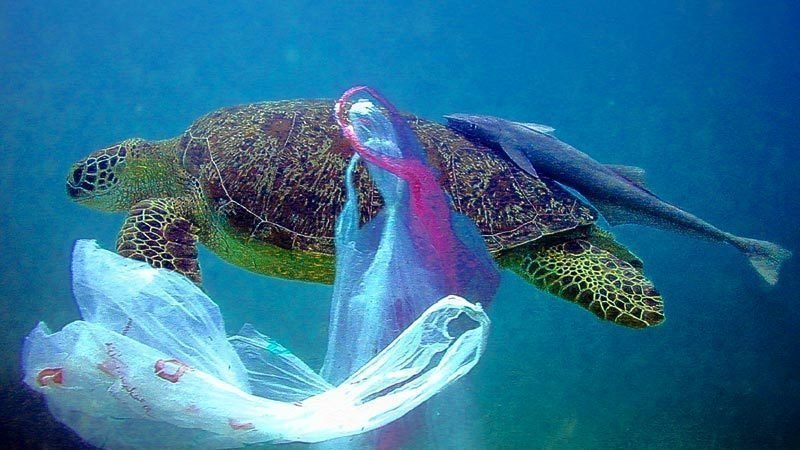By Thomas Nelson
It is estimated that around the world, 1 trillion single-use plastic bags are used. That’s 2 million bags every minute! Unfortunately many of these bags find their way into the natural environment where they can cause problems for wildlife.
Throughout 2018, there has been a significant push toward banning single-use plastics. Cities and a few companies have moved to ban single-use plastic straws, plastic-free grocery stores have opened, and even some of us on the tentree team went plastic free for July! On August 10th, New Zealand added its voice to those saying “no” to single-use plastics.
In a press conference, New Zealand’s Prime Minister Jacinda Ardern announced a ban on single-use plastic bags that will take effect in 2019.
“We’re taking meaningful steps to reduce plastic pollution so we don’t pass this problem to future generations,” she said. It is estimated that New Zealand uses 750 million plastic bags every year, roughly 150 per New Zealander.
Retailers around the country have six months to phase out the plastic bags. Failure to comply may result in fines of up to$100,000.
What motivated the decision to implement the ban? According to Ardern, plastic pollution was the issue she hears about most from New Zealand’s children. She echoed their concerns about “a mountain of bags, many of which end up polluting our precious coastal and marine environments and cause serious harm to all kinds of marine life.”
New Zealand is not the first country to ban plastic bags. Bangladesh banned single-use plastic bags in 2002, and since then, 13 more countries have followed suit. New Zealand brings that number to 15.





